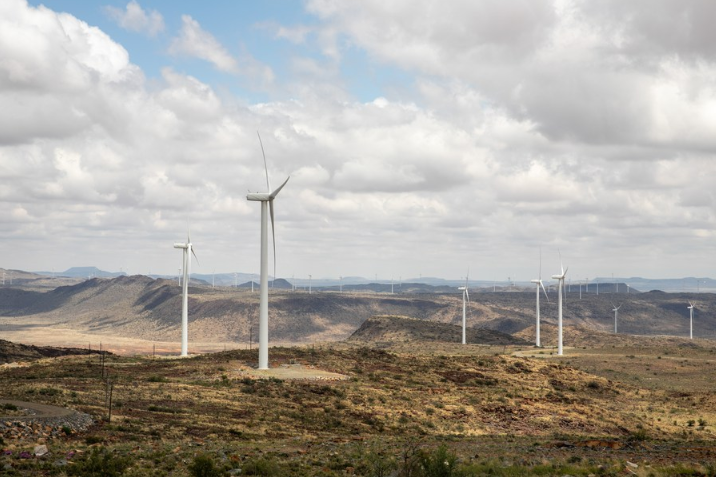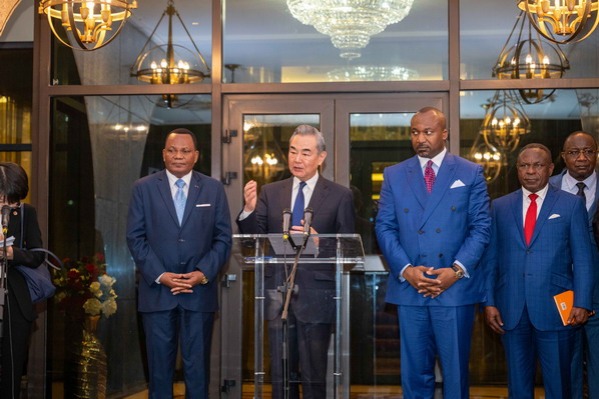Trump rolling the dice in Davos

The news that US President Donald Trump will attend the 2018 World Economic Forum and deliver a keynote speech there on Friday has shocked many and even sparked protests in several Swiss cities.
Trump's populist and nationalist rhetoric during his presidential campaign and in his first year in office is a sharp contrast to the overwhelmingly globalist views at Davos. It's like having him speak at the Democratic National Convention.
White House officials explained on Tuesday that Trump's America First policy is not America Alone and Trump wants to tell the world that the US is open for business and wants the world to invest in the US.
But facts are more eloquent than words. During his first year in office, Trump has announced the withdrawal of the US from the Paris climate accord and the United Nations Educational, Scientific and Cultural Organization. He has also cut funding to the United Nations and threatened to kill the Iran nuclear deal. The US president has defied the strong global will against recognizing Jerusalem as the capital of Israel.
Even on the key issue of denuclearization of the Korean Peninsula, which Trump intends to talk about at Davos, he has repeatedly contradicted himself and his cabinet members. In his first speech at the UN in September, Trump threatened to "totally destroy" the Democratic People's Republic of Korea, triggering an outcry against such a genocidal comment.
On the trade front, Trump has withdrawn the US from the Trans-Pacific Partnership and threatened to kill the North American Free Trade Agreement (NAFTA) and US-Korea Free Trade Agreement (KORUS) if the other parties involved - Canada, Mexico and South Korea - do not make unilateral concessions.
Just a day before he took off for Davos, Trump signed two orders imposing steep tariff s on imported solar cells and washing machines. The protectionist measure has dealt a heavy blow to the US and global renewable energy industry.
Indian Prime Minister Narendra Modi and German Chancellor Angela Merkel have both blasted Trump's protectionism and isolationism in their speeches at Davos in the past two days, although they did not mention the US president by name.
Richard Hass, president of New York-based Council on Foreign Relations, described Trump as turning the US from a preserver to a disruptor of the international order in his first year in office. A Gallup poll released last week showing that median approval of US leadership in more than 130 countries and regions was at a mere 30 percent is the best proof.
The 2018 Edelman Trust Barometer released this week also showed that trust in the US has suffered the largest-ever recorded drop and ranked the lowest among the 28 nations surveyed.
In both surveys, China fared better than the US, dealing a heavy blow to some Americans who still try to defame China as a disruptor of the global order.
Indeed, the speech by Chinese President Xi Jinping at Davos in January 2017 has been one of the most frequently quoted in the last year, often as a contrast to Trump's isolationist, protectionist and antiglobalization words and deeds.
Xi was the star at the 2017 WEF when the world was haunted by the anti-globalization sentiment, in particular Brexit - Britain's departure from the European Union - and Trump's America First policy. The fact that Xi's words are still quoted often at this year's Davos shows people's deep concerns over Trump's policies.
I hope Trump proves me wrong when he speaks on Friday in front of the enthusiastic world and business leaders who are clearly at odds with his policy.
The author is deputy editor of China Daily USA.

































